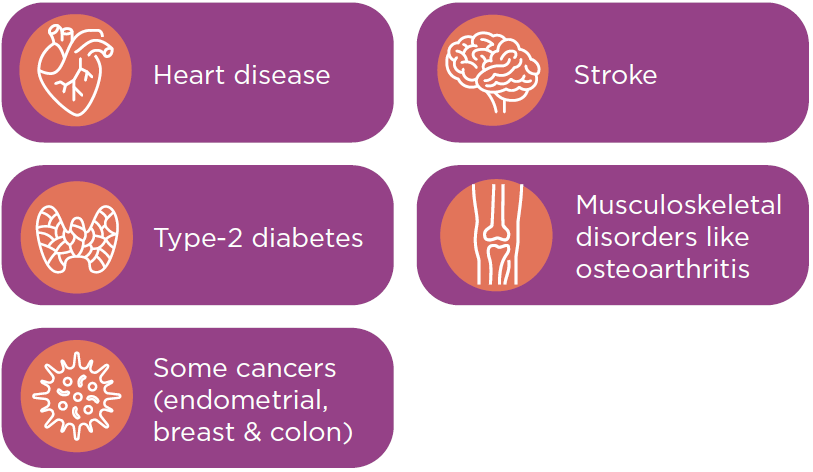The science of cravings, hunger and weight loss
Many people will tell you that weight loss is simply a case of eating well and getting active – along with having the willpower to stick it out.
However, an increasing body of evidence suggests there’s more to it. While lifestyle is important, complex neurobiological mechanisms play a role in regulating hunger and cravings.
Two areas of the brain are involved in regulating hunger and cravings: the hypothalamus (hunger centre) and the mesolimbic reward system.
Cravings: an evolutionary
survival trait
When our ancestors walked the earth many thousands of years ago, access to energy-rich food was crucial to survival.
Hunting and gathering these kinds of foods was hard work and often dangerous, but the payoff was worth it. To survive, we humans developed a powerful kind of ‘chemical reward’ to motivate us to leave the safety of the cave to engage in the risk of acquiring certain foods.
This internal motivation came in the form of ‘cravings’ – a powerful need for certain foods that was even greater than the fear of death or injury.
Today, energy-dense food is very easy to get, but the craving mechanism is still hardwired into our brains, telling us that we need to eat certain foods even when we don’t actually need it.


Your body defends itself against weight loss
The human body is programmed to actively defend against weight loss and maintain a certain range of body weight, known as ‘set point theory’.
Your set point may be determined by your heaviest past weight. When you lose weight and drop below your set point, your brain may cause hunger and cravings in an attempt to get your weight back to your set point.
Yo-yoing weight
Your body’s programming to maintain your ‘set point’ weight does not change easily – if at all. So, while you may be happy with the few kgs you’ve lost, your brain may be actively trying to put it back on.
This is the reason why we often end up regaining the weight, even months after we lost it. This is called weight cycling or more commonly, yo-yoing. It is a natural and common process, so it is important to remain vigilant against the weight creeping back up. Weight can fluctuate, but if you notice that your weight has risen by 2.5kg or more, it may be time to visit your doctor.

Being overweight can come with many health risks
These include (but not limited to):

What you may not know is that even being a bit overweight increases your health risks, and those risks and problems only increase as you become more overweight.
The good thing is that even
losing 5-10% of body weight can substantially reduce your risk and increase life expectancy.



